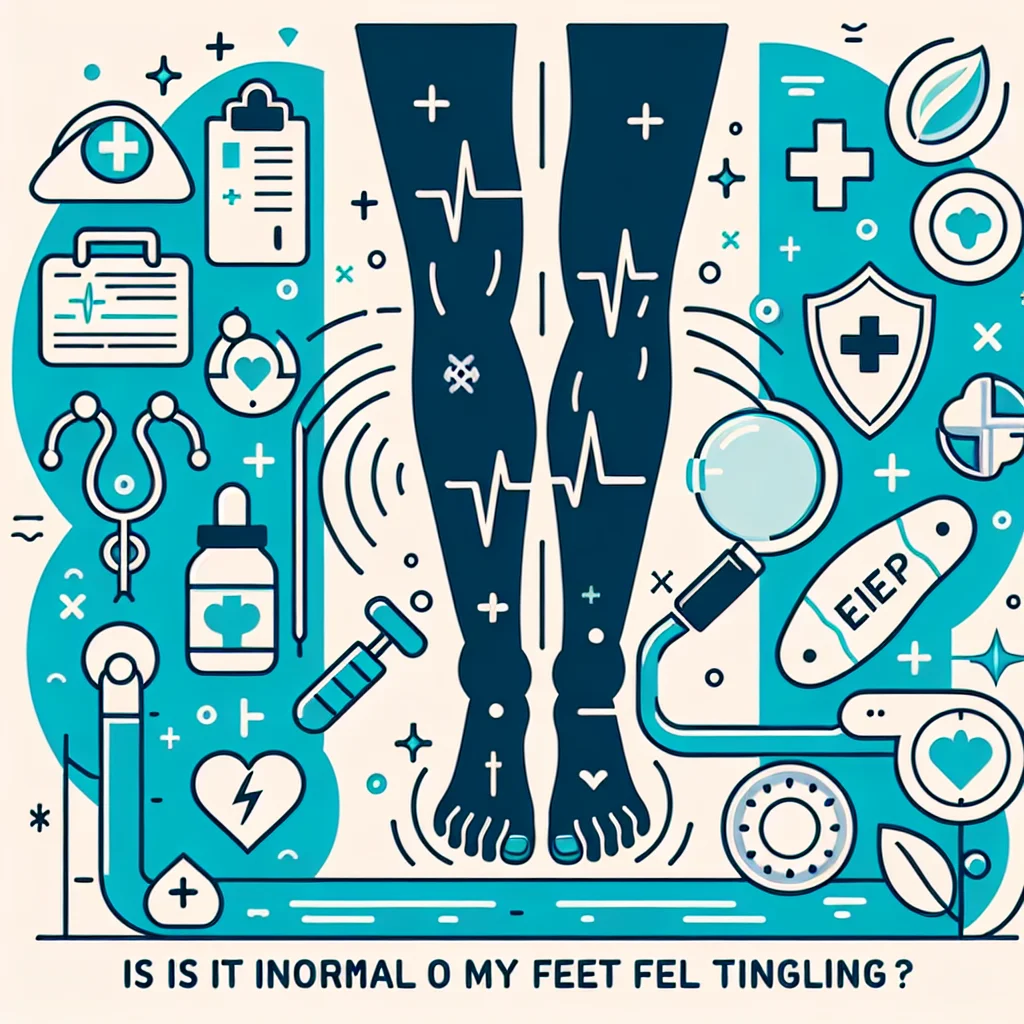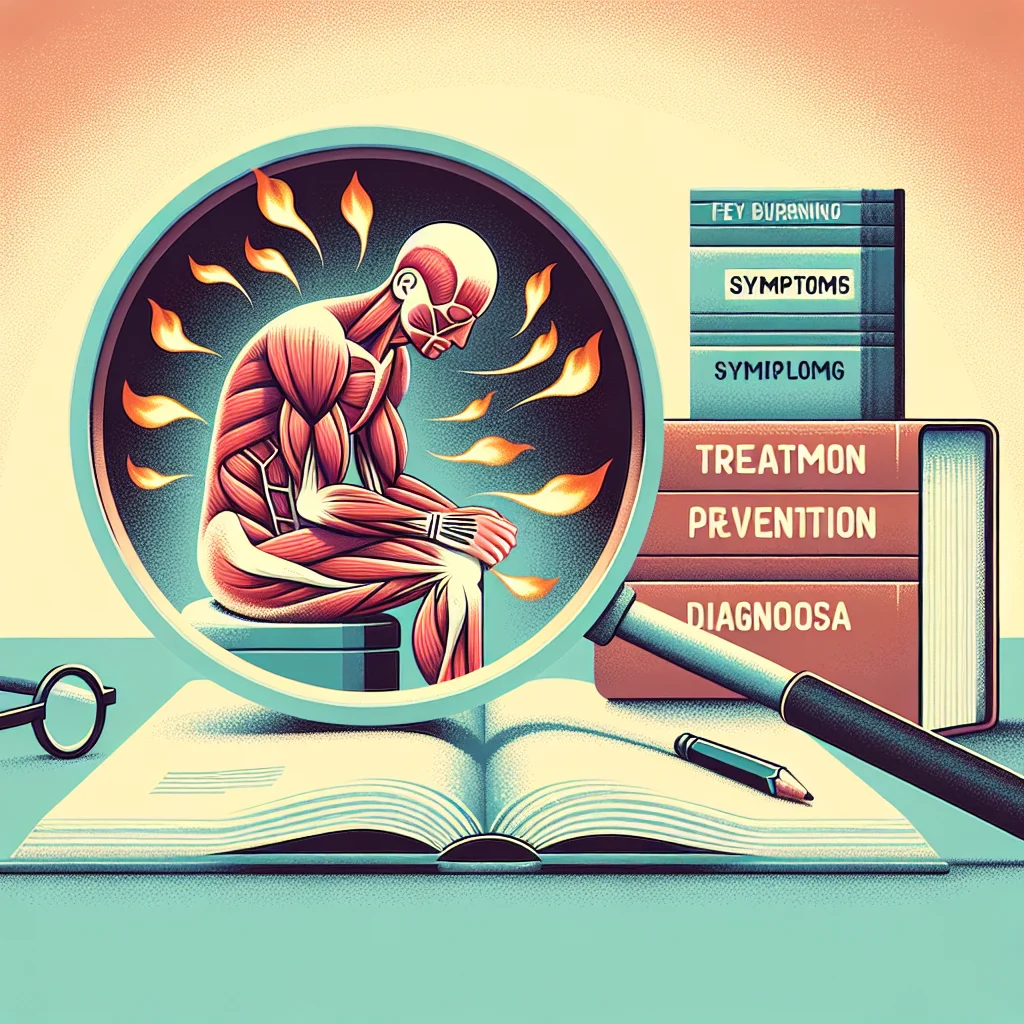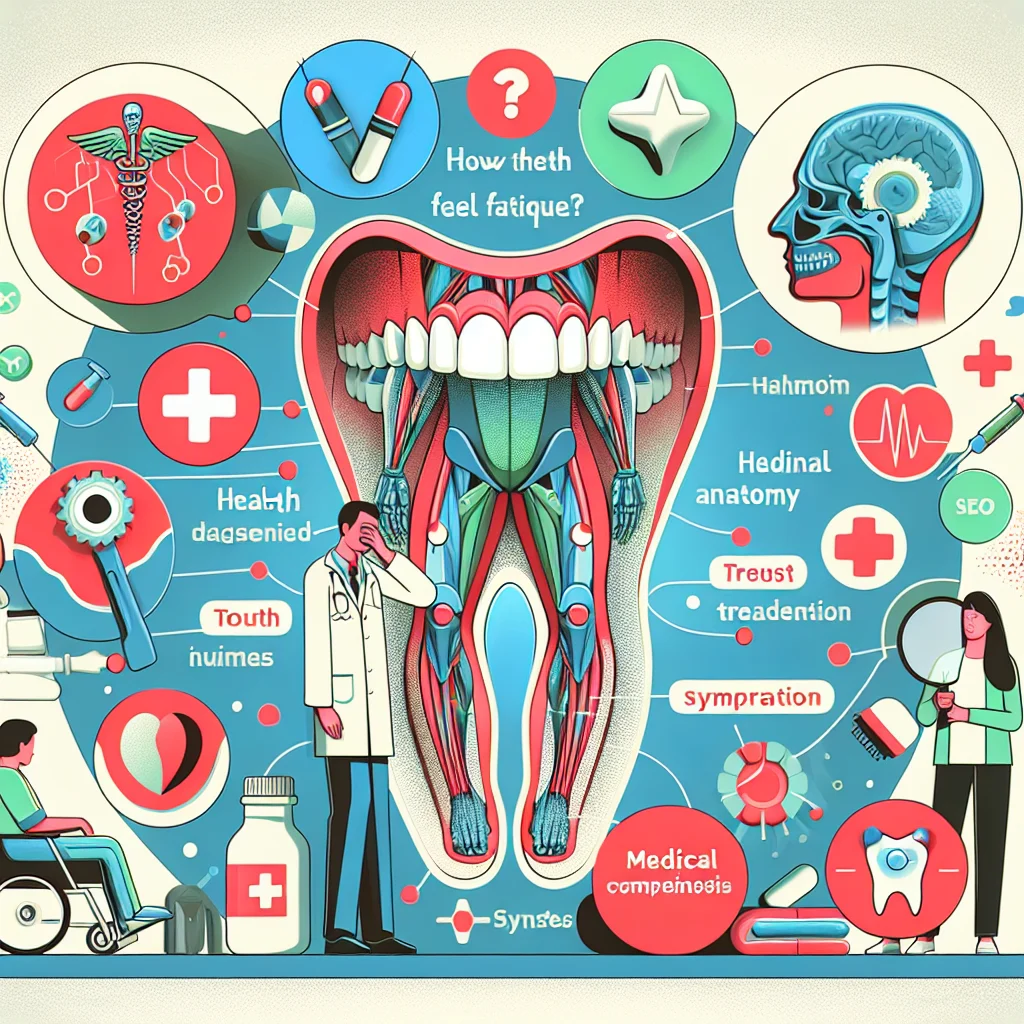
Possible Causes and Medical Insights
Tingling in the feet, often described as pins and needles, is a common sensation that many people experience at some point in their lives. While it may be harmless and temporary, such as after sitting in one position for too long, persistent or recurring tingling could indicate an underlying health issue. Understanding the possible causes of tingling in your feet is essential for determining whether it's normal or if it requires medical attention.
Some of the most common causes include pressure on nerves, poor circulation, or minor injuries. However, chronic tingling may be related to conditions such as diabetes (leading to peripheral neuropathy), vitamin deficiencies, or even issues with the spine. Medical insight helps clarify that while occasional tingling is usually not a cause for concern, ongoing symptoms warrant a closer look at your overall health.
Symptoms and Risk Factors
When considering whether tingling in your feet is normal, it’s important to evaluate any accompanying symptoms. Tingling that is associated with numbness, pain, weakness, or swelling may point to more serious health concerns. For instance, if you notice your feet feel cold, change color, or you have difficulty walking, it could indicate nerve or circulation problems that need prompt medical attention.
Certain risk factors increase the likelihood of experiencing tingling in the feet. These include having diabetes, excessive alcohol consumption, vitamin B12 deficiency, and repetitive stress or injury. Additionally, individuals with autoimmune conditions or those taking specific medications may be more prone to these sensations. Recognizing your personal risk factors can help you determine if tingling in your feet is normal or requires further investigation.
Diagnosis and When to See a Doctor
If you’re wondering, "Is it normal to have my feet feel tingling?" and the sensation persists, it’s wise to consult a healthcare professional. Diagnosis often involves a detailed medical history, a physical examination, and sometimes blood tests or nerve studies. Your doctor will look for patterns in your symptoms and may ask about other health conditions, recent injuries, or lifestyle factors that could contribute to tingling.
You should see a doctor promptly if tingling is severe, sudden, associated with weakness, or spreading rapidly. Immediate medical attention is also necessary if you have a loss of bladder or bowel control, which could signal a serious nerve issue. Early diagnosis and treatment can help manage symptoms, prevent complications, and improve your quality of life.
Prevention and Home Remedies
There are practical steps you can take at home to help prevent or reduce tingling in your feet. Maintaining a healthy lifestyle—such as regular exercise, a balanced diet rich in vitamins, and staying hydrated—can support nerve and circulatory health. Avoiding prolonged pressure on your legs or feet by changing positions frequently can also minimize episodes of tingling.
If you do experience tingling, simple remedies like gently massaging your feet, soaking them in warm water, or wearing comfortable shoes may offer relief. However, if home remedies do not resolve the problem or if tingling recurs frequently, seeking professional health advice is important. Addressing underlying conditions, such as controlling blood sugar levels or correcting vitamin deficiencies, can significantly improve symptoms and prevent long-term complications.














